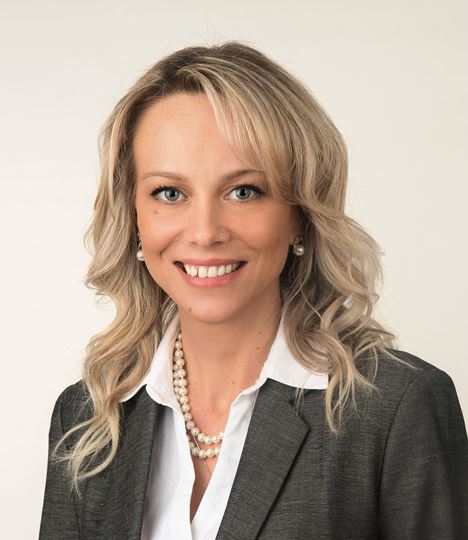 Here in Florida, all controlled substances are classified according to the schedule system that was enacted nationwide in 1970 with the passage of the Controlled Substances Act. Under Florida law, they are codified in Florida Statute 893.03.
Here in Florida, all controlled substances are classified according to the schedule system that was enacted nationwide in 1970 with the passage of the Controlled Substances Act. Under Florida law, they are codified in Florida Statute 893.03.
There are 5 schedules of controlled substances. This page will summarize the differences between the schedules and also provide a few examples of controlled substances that fall under each schedule.
Schedule One: Florida Statute 893.03(1)
Schedule One drugs are defined as substances that have a high potential for abuse and have no currently accepted medical use in treatment in the United States and in its use under medical supervision does not meet safety standards.
There are several hundred controlled substances classified as Schedule One, but some common examples include Marijuana, Heroin, LSD, and GHB (common date rape drug).
There is currently a movement to have cannabis reclassified due to its increasing use for treatment of various conditions, but for now, it remains a Schedule One controlled substance.
Schedule Two: Florida Statute 893.03(2)
Schedule Two drugs are substances that have a high potential for abuse, and have a currently accepted but severely restricted medical use in treatment in the United States. According to the statute, abuse of these substances may lead to severe psychological or physical dependence.
The most common Schedule Two controlled substances we see in Fort Walton Beach include Hydrocodone, Cocaine, Methamphetamine, Oxycodone, Vicodin, and Opium.
Schedule Three: Florida Statute 893.03(3)
A Schedule Three controlled substance has been deemed to have a potential for abuse that is less than Schedule One or Two. These substances also have a currently accepted medical use in treatment in the United States, with only a moderate or low risk of physical dependence if abused, or a high risk of psychological dependence if abused.
Common Schedule Three substances include Anabolic Steroids, lower concentrations of LSD, and lower concentrations of Hydrocodone.
Schedule Four: Florida Statute 893.03(4)
Schedule Four substances have a low potential for abuse compared to Schedule Three substances. They also have a currently accepted medical use in treatment in the United States. If abused, there is a limited risk of physical or psychological dependence.
Common Schedule Four substances include Xanax (Alprazolam), and Valium (Diazepam).
Schedule Five: Florida Statute 893.03(5)
Schedule Five substances have a low potential for abuse and have a currently accepted medical use in treatment in the United States. They have an even lower risk for dependence than Schedule Four.
Common Schedule Five substances include low concentrations of codeine and opium.

